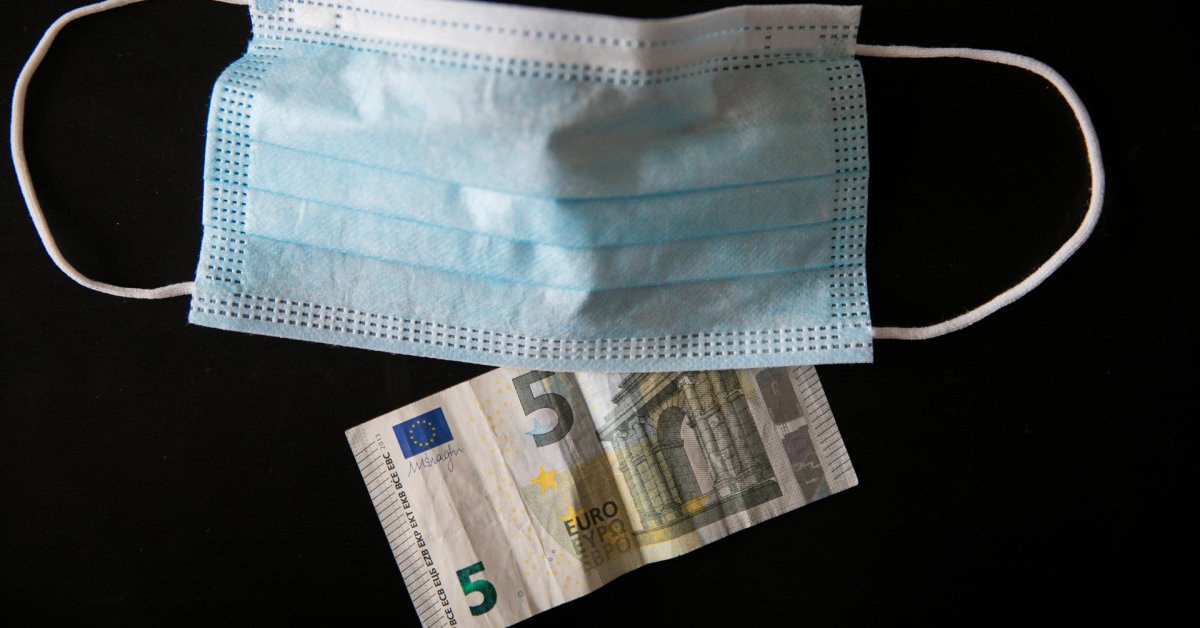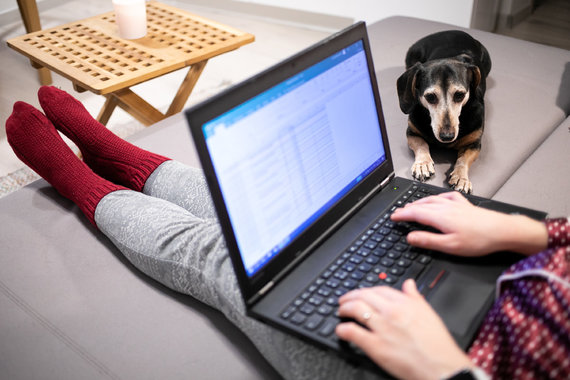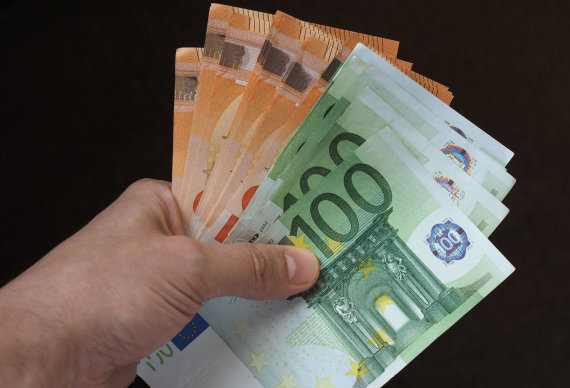
[ad_1]
Flat rate benefit
Freelancers will continue to receive a benefit of € 260 during the emergency and quarantine period if they meet the following conditions:
- Self-employment was registered for at least 3 months in a 12-month period and was not canceled until the date of the declaration of quarantine and emergency.
- Due to restrictions on economic activities, the person is included in the list of freelancers affected by COVID-19 restrictions published by the State Tax Inspection.
- The remuneration received by virtue of an employment contract or equivalent legal relationship does not exceed 642 euros “on paper”.
- If you are a legal entity, you cannot be in bankruptcy or liquidation.
At the end of the quarantine, the benefit will be paid to the self-employed for one more month, after which it will be suspended.

Sigismund Gedvila / 15min photo / Work from home
Deferral of Sodra contributions
The self-employed who have been negatively affected by COVID-19, whose activities are restricted by quarantine and who are included in the STI lists will also be able to defer the payment of contributions in a simplified way. The self-employed who have been deprived of COVID-19 will be able to avoid paying contributions for the quarantine period, and it will be possible to cover the resulting debt without interest within a period of 5 years.
Postponement of contributions to compulsory health insurance
During the quarantine, the self-employed are temporarily exempt from PSD payment. This is to reduce your costs and ease the tax burden. Even without paying PSD, these residents can receive medical care. Self-employed residents will be able to pay PSD contributions during the quarantine period within two years. At the end of the quarantine, contributions to the PSD will be paid as usual.
Other social guarantees
The self-employed are not covered by all types of social security. Some of the self-employed are covered by pensions and social sickness and maternity insurance, some are covered by pensions, unemployment, social sickness and maternity insurance, and people with business certificates are covered only by social pension insurance.
Sodra benefits. Authors, athletes, and performers who receive income outside the employer are covered by pension, sickness, maternity and health insurance and are entitled to pension, sickness, maternity, paternity, child care and professional rehabilitation benefits.

123RF.com nuotr./Pinigai
Individuals and farmers are also entitled to pension, sickness, maternity, paternity, childcare and vocational rehabilitation benefits.
Those who work with commercial certificates pay only the pension contributions and health insurance of the monthly minimum wage and are only entitled to pensions.
Sole proprietorship owners, members of small partnerships and full members of partnerships are covered by pension, sickness, maternity, unemployment and health insurance and are entitled to pensions, sickness, maternity, paternity, childcare , vocational rehabilitation and unemployment benefits.
Social security benefit for unemployment. Sole proprietorships, members of small partnerships and full members of unemployed companies who have accumulated at least 12 months of service in the two and a half years prior to enrollment in the Employment Service can receive Social security unemployment benefit for 9 months.
Sickness benefits for the care of a sick child. In the event of an emergency and quarantine announced by the government, it is necessary to pay sickness benefits to parents, guardians and self-employed grandparents who have a kindergarten, preschool or elementary school or special education child with a disability. Those who work on business leave are not entitled to sickness benefits.
The same procedure applies if the certificate of incapacity for work is required due to compulsory isolation of the child or the published regime that restricts the spread of infections.
The sickness benefit is paid if the self-employed person has at least 3 months of experience in the last 12 months or at least 6 months in the last two years before the issuance of the certificate of incapacity for work. From 2021 February 1 A self-employed person will be entitled to sickness benefit if they have contributed during the last month before the start of the incapacity for work.
As of January, the minimum monthly sickness benefit is € 168.06. Residents receive the minimum benefits if the benefit amount calculated based on their insured income is less than the minimum threshold.
[ad_2]